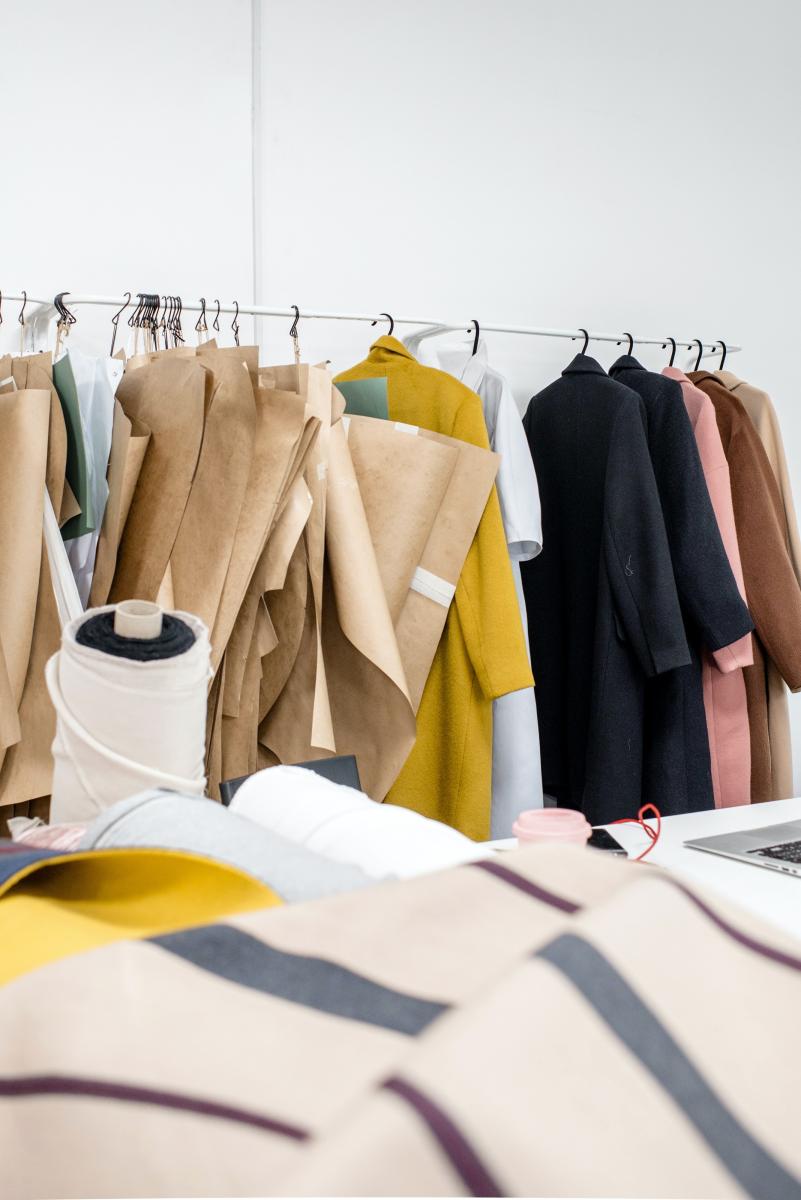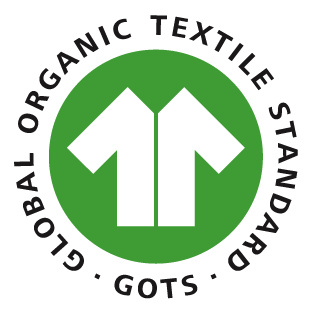 Organic cotton means that farmers can’t use toxic, persistent pesticides, synthetic fertilizer, sewage sludge, or genetically modified organisms (GMOs). Organic farmers also have to use methods that build soil health and support on-farm biodiversity.
Organic cotton means that farmers can’t use toxic, persistent pesticides, synthetic fertilizer, sewage sludge, or genetically modified organisms (GMOs). Organic farmers also have to use methods that build soil health and support on-farm biodiversity.
But “organic” cotton doesn’t stop at the field. According to the Global Organic Textile Standard (GOTS), when organic fiber is processed and certified through GOTS, it has to follow strict regulations protecting the health of the planet and people from the farm all the way to your shopping cart. Organic clothes, furniture, sheets, towels, tampons, and other textiles cannot be treated with chlorine bleach, formaldehyde, or any other toxic substances, and must to be colored with natural and non-toxic dyes. Organic cotton manufacturers also need to have policies and procedures to monitor and improve the environmental performance of their facilities, and cannot use chlorinated plastics like PVC in their packaging.
The Global Organic Textile Standard
 The Global Organic Textile Standard (GOTS) is the world’s leading processing standard for organic textiles. GOTS ensures that cotton in a product is grown organically. The certification focuses on what happens after the farm gate, following the cotton through the supply chain to ensure that GOTS certified clothing, sheets, towels, furniture, and other items. were all made with environmentally friendly, healthful, and socially responsible inputs and practices. Here are just a few of the requirements for GOTS certification
The Global Organic Textile Standard (GOTS) is the world’s leading processing standard for organic textiles. GOTS ensures that cotton in a product is grown organically. The certification focuses on what happens after the farm gate, following the cotton through the supply chain to ensure that GOTS certified clothing, sheets, towels, furniture, and other items. were all made with environmentally friendly, healthful, and socially responsible inputs and practices. Here are just a few of the requirements for GOTS certification
- Fiber cannot be processed with toxic heavy metals, formaldehyde, or nano particles
- Chlorinated, brominated and phosphate-based flame retardants are prohibited
- Textiles cannot be treated with chlorine bleach
- All dyes must be nontoxic
- Manufacturers can’t use techniques that pose risks to workers
- Chlorinated plastics like PVC can’t be used in packaging
